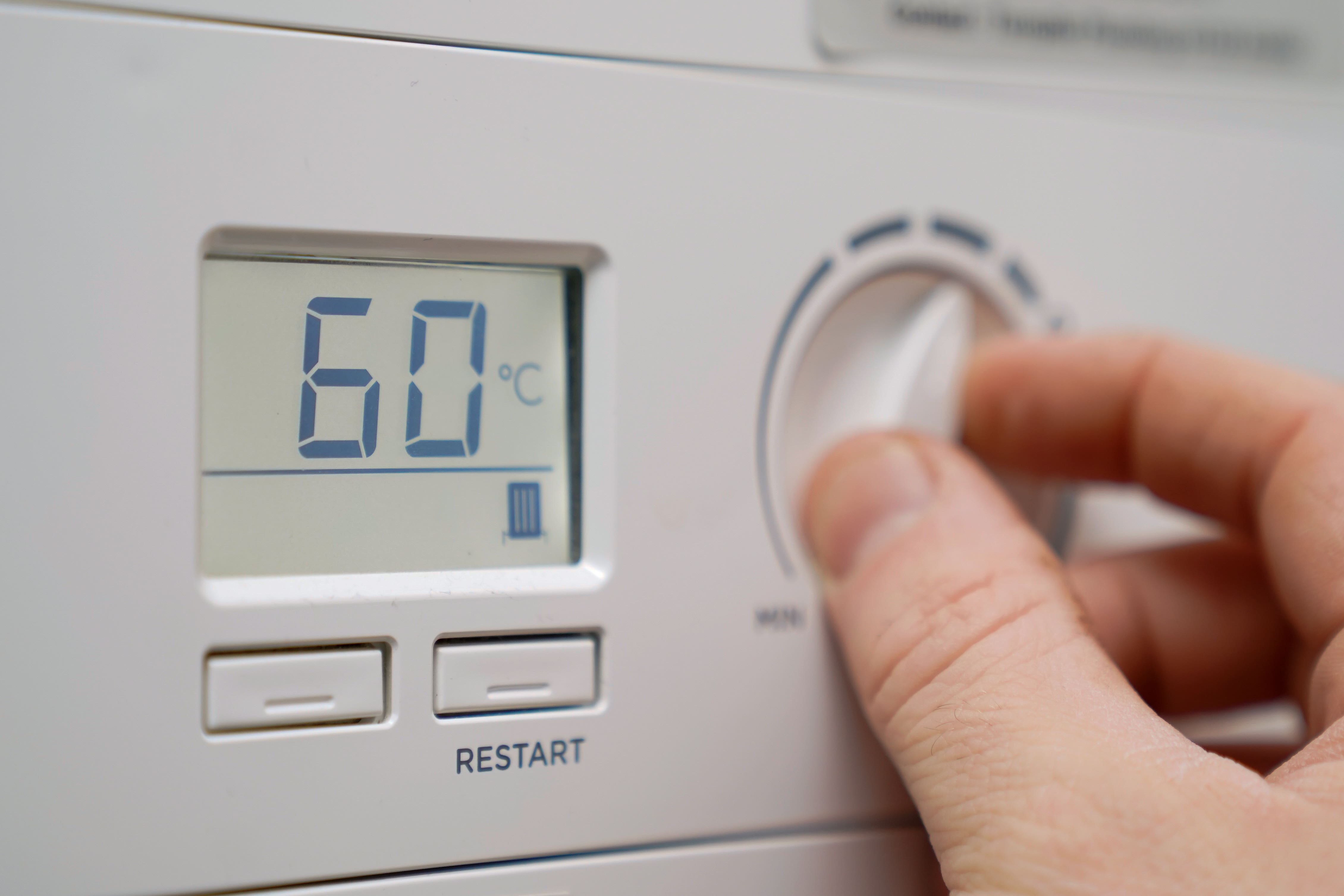Savvy Money: Boiler breakdown cover... Is it worth it?
We all fear winter without heat but a service contract or insurance may not be the answer

Your support helps us to tell the story
From reproductive rights to climate change to Big Tech, The Independent is on the ground when the story is developing. Whether it's investigating the financials of Elon Musk's pro-Trump PAC or producing our latest documentary, 'The A Word', which shines a light on the American women fighting for reproductive rights, we know how important it is to parse out the facts from the messaging.
At such a critical moment in US history, we need reporters on the ground. Your donation allows us to keep sending journalists to speak to both sides of the story.
The Independent is trusted by Americans across the entire political spectrum. And unlike many other quality news outlets, we choose not to lock Americans out of our reporting and analysis with paywalls. We believe quality journalism should be available to everyone, paid for by those who can afford it.
Your support makes all the difference.It was in the recent cold snap that I flicked on my heating to hear – absolutely nothing. In the coldest week of the winter to date, with snow on the ground, my heating had broken down and naturally it was at a weekend.
I didn't have breakdown cover and had to replace my ageing boiler. But is this cover worth buying or a waste of money?
What you get
The principle of boiler breakdown cover is straightforward enough, but there are big differences in the policies in cost, the level of cover and whether or not you can get a replacement boiler.
Boiler breakdown plans are sold by specialist warranty providers, energy suppliers (the major ones) and boiler manufacturers and while many are essentially insurance policies, some are service contracts.
The difference is that if it's insurance based (shown by the words "underwritten by" in the terms and conditions) and there's a problem which the provider doesn't sort out to your satisfaction, you can complain to the free-to-use Financial Ombudsman Service. You do not have this recourse if it is a service contract.
What's the cost?
The cheapest policies generally only cover the boiler and controls but most companies have more expensive versions that include the whole heating system (but not solar panels).
For example, Domestic and General's boiler and controls-only policy costs £11 a month – add in a service and it's £16 a month – while a policy covering the whole system is £18 a month. nPower's boiler-only cover is £9.95 a month (£11.50 in year two onwards) with a £50 fixed call-out fee, while its central heating cover is £15 a month (£17.50 from year two).
What to be aware of
You can't normally make a claim for at least 14 days in the case of British Gas, although most others have a waiting time of 30 days, and some companies will "inspect" the boiler before they agree to cover it. Several will insure a boiler as long as they can still get parts for it.
Check the limit on the amount you can claim in repairs and parts. British Gas will pay up to £1,000 a year, Domestic and General and Potterton will pay up to £1,500 while Warmguard, which is part of warranty company WMS Group, Scottish Power, Eon and nPower are among those with no limits on call-outs or how much you can claim.
If the company decides your boiler isn't worth repairing, you may – or may not – get a replacement. For example, Scottish Power won't give you a replacement boiler, but Warmguard, Eon, and British Gas will pay for a new one if your boiler is up to seven years old (up to 10 years old with British Gas if you've had cover with them since you bought it).
What's not covered
Damage from limescale and sludge build-up isn't normally covered, although some policies include scale damage to the boiler. That means if your central heating system needs a power flush to get rid of sludge build-up you could have a bill for between £350 and £500 which the policy wouldn't pay.
Is it worth it?
If you have little by way of savings, so you couldn't afford it if your boiler went wrong, breakdown cover could be useful. But, after talking to a number of plumbers, you may be better off buying a reliable boiler, fitting a magnetic filter (and scale reducer, if you're in a hard water area) and getting it serviced every year.
Read More: Independent Advisor can help you find a replacement boiler
Join our commenting forum
Join thought-provoking conversations, follow other Independent readers and see their replies
Comments